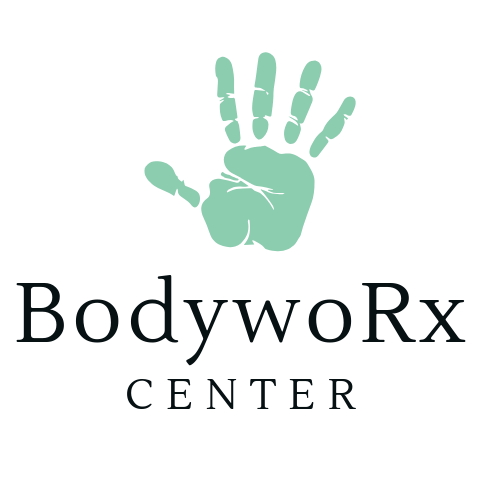Our bodies are full of trillions of bacteria, viruses and fungi. These microbes that we host and their genetic material are collectively known as the microbiome. The microbiome may weigh as much as five pounds and contain 200 times the amount of genes than our own human genome!
While some microbes are associated with disease, others are actually extremely important for digestion, heart, weight and overall health. Bacteria, break down potentially toxic compounds, and synthesize some vitamins and amino acids. For example, the key enzymes needed to form vitamin B12 are produced by bacteria, not in our own digestive tracts. The gut microbiome also controls how your immune system works. By communicating with immune cells, the gut microbiome can control how your body responds to infection. Certain bacteria digest fiber, producing short-chain fatty acids, which are important for gut health.
Everyone has a unique microbiome that is originally determined by our DNA. As babies, we’re first exposed to different species of microorganisms from our mother during birth and from breast milk. Our microbiomes continue to evolve with environmental exposures, medication use and diet to be either beneficial to health or place one at greater risk for disease. Similar to how changing an ecosystem can affect what species can thrive there, factors like our diet influence the balance of microbes that thrive in our own ecosystem.
A high-fiber diet in particular, positively affects the colonization of microbes in our intestines. Dietary fiber is broken down and fermented by enzymes from gut bacteria, releasing Short Chain Fatty Acids. This lowers the pH of the colon, which affects which type of microbes will thrive in this environment. The acidic pH limits the growth of some harmful bacteria (like C. Diff.!) Growing research is finding a diet high in fiber has a wide range of effects on health including prevention of weight gain, diabetes, heart disease and lowering risks of cancer. The lack of fiber in the typical American diet actually starves good bacteria of their food. This has an effect not only on the immune system but also results in the breakdown of the gut barrier, which leads to widespread inflammation and disease.
So how can you reap the benefits of having a healthy microbiome? Here are some tips to help you fuel the beneficial microbes in your system for greater overall health!
1. Increase intake of dietary fiber
Most American consume only 15 grams of fiber per day, well under the recommended 40 grams. While Hadza hunter-gatherers, who have been found to have astounding diversity and population of gut microbes, consume about 200 grams of fiber per day!
2. Eat fermented foods
Fermented foods contain beneficial live bacteria that may help colonize one’s microbiome. These include kombucha, kefir, yogurt, tempeh, miso and lactofermented vegetables like kimchi and sauerkraut.
3. Aim for variety
Our ancestors ate with the seasons and had a wide variety of different types of foods in their diets. Bringing diversity in the types of fruits, veggies, grains, beans and meats that you buy will not only benefit your gut microbiome, it will also expand the different types of nutrients you’re getting.
4. Avoid processed foods
Processes foods often contain refined vegetable oils, MSG, artificial sweeteners, colors and fillers that are known to disrupt the beneficial bacteria in the gut microbiome.
5. Get dirty!
Go dig in the garden with your bare hands, take a barefoot walk on the beach, and pet the animals. Studies show those who engage in outdoor activities have a greater microbial diversity, as well as those who live with pets.
6. Avoid antibiotic overuse
Antibiotics are formulated to kill bacteria that cause infections, however they also wipe out the beneficial bacteria. Although antibiotics can be a life-saving medication, sparing their use unless absolutely necessary will greatly benefit your microbiome. Along with antibiotics other medications can have detrimental effects on the microbiome including antacids, laxatives and antidepressants.
7. Fast
Research is revealing that intermittent fasting, or increasing the times between meals, may restore microbe diversity in the gut. Regimens such as alternate day fasting, and time-restricted eating can also increase tolerance against “bad” gut microbes, and restore the integrity of the intestinal wall. Not there yet? You can aim to have fewer snacks and get your nourishment during meals.
8. Probiotics
Probiotic supplements offer a convenient way to introduce researched strains of beneficial bacteria back into the gut. Probiotics can also be used in a solution and implanted directly into the rectum, which can be especially beneficial following a colon hydrotherapy treatment where waste and toxins are gently rinsed from the colon.


